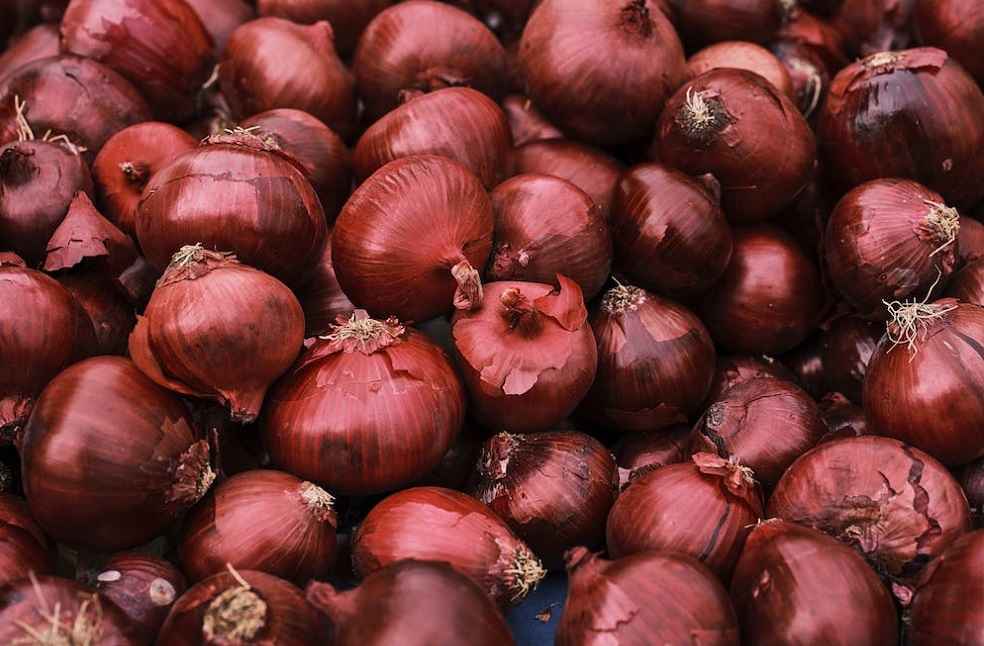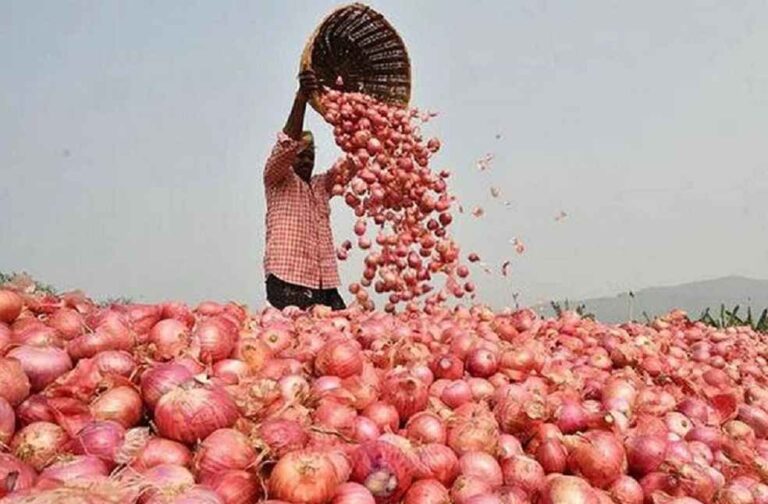Surprise reverberated through global trade circuits as India announced the indefinite cessation of its onion exports, a move with profound implications both domestically and internationally. This policy adjustment emerges against the complex tapestry of an impending general election, infusing additional layers of intricacy into an already charged issue.
The onion, fundamental to countless cuisines, commands substantial economic and political influence within India. As the paramount exporter, India’s policies significantly sway global pricing structures and supply chains, affecting nations such as Bangladesh, Malaysia, Nepal, and the United Arab Emirates.
This unexpected prolongation has left market participants and international partners in a state of flux, confronting escalated costs and logistical challenges across numerous countries. Despite a notable decrease in local onion prices subsequent to initial export constraints, the government’s choice to perpetuate the ban defies conventional market logic.

Anticipation had been building for the new season’s crop, projected to replenish supplies and potentially catalyze the lifting of export limitations. Yet, governmental adherence to the ban prompts critical examination of underlying motives and priorities.
Speculation abounds that this decision may be driven by electoral strategizing, aiming to consolidate support from pivotal onion-producing regions. This tactic appears to prioritize immediate electoral advantages over broader economic impacts.
The ramifications for countries dependent on Indian onions are severe, encompassing price surges and acute shortages. The scarcity of alternative sources compounds these challenges, rendering these nations susceptible to the whims of market volatility.
Simultaneously, this situation inadvertently furnishes opportunities for alternative exporters to seize market share, compelling importers towards costlier substitutes and potentially altering the global onion trade landscape enduringly.

This scenario underscores the necessity for a strategic reassessment by policymakers of onion export governance. While the temptation of immediate political dividends may be alluring, the strategic neglect of the broader repercussions on international trade relations and market equilibrium warrants scrutiny.
An equilibrium-oriented approach, mindful of both national and global imperatives, is indispensable for adeptly navigating the complexities of international commerce.
The indefinite suspension of onion exports by India exemplifies the nuanced interconnection between governance, economics, and global trade mechanisms. The decision’s impact, expected to extend well beyond Indian frontiers, serves as a testament to the intricate balance required in the orchestration of global trade policies, presaging significant alterations in the international onion market landscape.
AUTOMOTIVE WORLD | China Confronts US at WTO Over EV Subsidy Rules, Sparks Global Auto Tension



